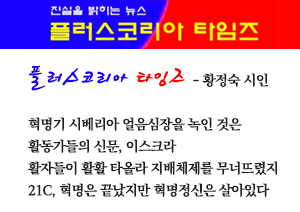디플로마트, 한국 테러방지법 통과로 “후퇴하는 한국 민주주의” 보도
월 총선, 한국 국민들 민주주의 역행 선택 달려
디플로마트, 한국 테러방지법 통과로 “후퇴하는 한국 민주주의” 보도월 총선, 한국 국민들 민주주의 역행 선택 달려[플러스코리아타임즈 = 김일미 기자] “박근혜 정부 집권 3년간 한국이 어렵게 얻고 누려온 민주주의적 성과들이 체계적으로 역행하기 시작했다”고 디플로마트가 9일 한국 문제 전문가인 샌디에이고 주립대학교 제프리 패티그(Geoffrey Fattig) 연구원의 글을 보도했다.
기고문은 현 상황을 4월 총선에서 야당들이 결집할 수 있는 호재로 보고, 한국 국민들이 박근혜 정부의 이같은 퇴보에 동의할 것인지 아니면 아시아를 대표하는 민주국가 중 하나로 다시 나아갈지를 선택하는 중요한 시점임에 주목하고 있다.
기고문은 “최근의 북한의 행위들에 가려 남한 정부에서 일어나는 반민주적 사건들에 대해 한국 국민과 국제사회가 침묵하는 것에 대하여 깊은 우려를 표명”하며, “대표적 반민주적 사건인 2012년 대선시 전대미문의 국정원 불법 선거 관여, 한국 헌정상 최초의 통합진보당 해산 등을 가능하게 했던 것이 바로 ‘국가보안법’에 있다”고 지적했다. 또한, “국제사회의 지속적 비판에도 박근혜 정부가 이를 전혀 수정하려 하지 않고 있다”고 강조했다.
박근혜 정부의 힘을 등에 업은 국가보안법은 2014년 세월호 침몰 이후 온라인에 대한 언론과 개인들에 대해 통제를 강화하고 있으며, 정치적 반대 견해에 대한 대통령의 편협함은 역사교과서 국정화, 대기업들을 위한 노동법 개정 지지 및 거리시위 제재를 위한 가혹한 방법 허용 등 다른 탄압의 방식으로도 드러나고 있다고 기사는 꼬집어 말했다.
또한 한국을 방문하여 한국 민주주의의 후퇴에 대한 우려를 전 세계에 알린 유엔 특별보고관의 보고에도 불구하고, 국가정보원이 테러 용의자들의 전화를 도청하고 개인정보를 수집할 수 있도록 권한을 크게 확대해 주는 이른바 “대테러센터” 설립 법안을 오랜 계류 끝에 통과시키는 것을 박근혜 정권이 민주주의에 역행하는 대표적인 사례로 분석했다.
기고문은 테러방지법의 문제점에 대하여 자세히 설명하며, 4월 총선에서 한국 국민들이 “자신들의 국가가 아시아를 대표하는 민주국가 중 하나로 다시 나아가기 시작하는 모습을 보길 원하는지를 결정할 기회”를 갖게 될 것이라고 강조했다.
다음은 뉴스프로가 번역한 디플로마트 기사 전문이다. 번역 감수 : Elizabeth 기사 바로가기 ☞ http://bit.ly/1pwqaeO South Korea’s Anti-Terror Law Part of a Worrisome Trend 한국 테러방지법, 우려되는 최근 동향 With the passage of a controversial anti-terror law, Korean democracy takes another step backward. 논란이 된 테러방지법 통과로 또 한 번 후퇴한 한국 민주주의 By Geoffrey Fattig
Image Credit: Cheong
Amid the steady stream of nuclear tests, missile launches, and human rights violations that come out of North Korea, it is perhaps understandable that the regime in Pyongyang tends to monopolize the attention of the international community when it comes to the Korean Peninsula. However, this singular focus on North Korea’s misdeeds has helped mask the increasingly disturbing developments taking place on the other side of the demilitarized zone (DMZ), as the actions of South Korean President Park Geun-hye during the first three years of her administration raise serious concern that the government in Seoul has embarked on a systematic rollback of the hard-won democratic gains that the country has enjoyed since the 1980s.
북한에서 지속적으로 핵실험, 미사일 발사, 인권 침해가 계속되는 가운데, 한반도 문제에 있어 북한 정권이 국제 사회의 주목을 독점하는 경향은 이해할 수 있을 것이다. 그러나, 북한의 악행에만 관심이 집중된 덕분에 비무장지대(DMZ)의 다른 편에서 발생하고 있는 점점 더 불편해지는 상황들이 가려져 왔다. 한국의 박근혜 대통령이 집권 3년간 취해온 조치들은 1980년대 이래로 한국이 어렵게 얻고 누려온 민주주의적 성과들을 박근혜 정부가 체계적으로 역행하기 시작했다는 심각한 우려를 불러일으킨다.
Park originally came to power in 2013 following a closely contested election in which the country’s National Intelligence Service unlawfully interfered in the political process by using social media to boost her candidacy and paint her opponent, Moon Jae-in, as jongbuk (pro-North) and a threat to national security. Since then, she has overseen a series of initiatives that call into question her commitment to democracy. In 2013, she moved to have a fringe, left-wing political party disbanded by the Constitutional Court. When the Court complied with her a year later by outlawing the United Progressive Party, it marked the first such time that a political party had been outlawed in the country since the 1950s. The vehicle used to accomplish this was the controversial National Security Law, which the Park administration has shown no signs of attempting to amend, despite long-standing international criticism. Indeed, the government has continued to prosecute individuals, particularly journalists, under this statute in recent years.
박근혜 대통령은 애초에 국정원이 불법으로 정치 과정에 개입한 경쟁이 치열했던 선거 끝에 2013년 집권했다. 당시 국정원은 SNS를 사용해 박근혜 후보의 자질을 선전하고 상대 후보인 문재인을 종북이며 국가안보에 위협이 되는 존재로 몰았다. 그때 이후로, 박근혜 대통령은 민주주의에 대한 의지를 의심하게 하는 일련의 조치들을 관장했다. 2013년, 그녀는 소수 좌파 정당을 헌법재판소에 의해 해산되도록 하기 위해 움직였다. 1년 후 헌법재판소는 대통령의 뜻대로 통합진보당을 불법으로 판결하며, 1950년대 이후 한국에서 최초로 정당이 해산되는 일이 발생했다. 이것을 가능하게 한 수단은 논란이 많은 국가보안법으로, 오랫동안 국제적인 비판에도 불구하고 박근혜 정부는 전혀 수정하려는 의지를 보이지 않고 있다. 실제로, 정부는 최근 몇 년간 이 법에 의거해 개인들, 특히 언론인들을 지속적으로 기소해왔다.
The president’s intolerance for dissenting political views has manifested itself in other ways as well. After the Sewol ferry sinking in 2014, a country with an already strong set of internet controls increased monitoring for ‘online slander and rumors’ and stepped up prosecution of those who were deemed to have violated the strict laws regulating defamation. The government has also authorized a heavy handed approach to discourage street protests, which have broken out with increasing frequency over recent efforts to standardize history textbooks in schools and weaken protections for workers’ rights at some of South Korea’s largest companies. This crackdown sparked criticism earlier this year from UN Special Rapporteur Maina Kiai, who pointed out that street protests played a dominant role in the country’s transition to democracy, and lamented the fact that “freedom of assembly is gradually crumbling.”
반대편의 정치적 견해에 대한 대통령의 편협함은 다른 방식으로도 분명히 드러났다. 이미 강력한 인터넷 통제를 시행 중인 한국은 2014년 세월호 침몰 이후 “온라인 비방 및 소문”에 대한 감시를 강화하는 한편 명예훼손을 규제하는 엄격한 법을 위반한 것으로 간주된 사람들에 대한 기소를 강화했다. 정부는 또한 학교의 역사교과서를 국정화하고 일부 한국 대기업들의 노동자 권리 보호를 약화시키려는 최근의 시도에 반발해 더욱 빈번하게 발생하는 거리시위를 막기 위해 가혹한 방법을 허용했다. 이러한 탄압은 올해 초 유엔 특별보고관 마이나 키아이의 비판을 불러일으켰다. 그는 한국이 민주주의로 전환하는 데 거리 시위가 중요한 역할을 했음을 지적하며 “집회의 자유가 지속적으로 후퇴하고 있다”고 안타까워했다.
Rather than heeding Kiai’s call to implement recommendations that safeguard the right to peaceful demonstration, the administration has continued to press ahead in a different direction. The latest move was the passage of a long-stalled bill which will greatly expand the power of the NIS to wiretap phones, collect personal information on suspected terror suspects, and establish a so-called, “anti-terror center” under the direct control of the Prime Minister’s Office. Despite an eight-day filibuster from opposition parties, by far the longest in South Korean history, the bill was forced through Parliament by the majority Saenuri Party earlier this month.
평화로운 집회에 대한 권리를 보호하는 권장사항을 구현하라는 키아이 보고관의 요구에 주의를 기울이기보다, 정부는 오히려 다른 방향으로 억압을 지속해왔다. 가장 최근의 움직임은 국가정보원이 테러 용의자들의 전화를 도청하고 개인정보를 수집할 수 있도록 권한을 크게 확대해주고 국무총리실 산하의 이른바 “대테러센터”를 설립하는 내용의 법안을 오랜 계류 끝에 통과시킨 일이다. 한국 역사상 가장 길었던 야당의 8일간 필리버스터에도 불구하고 이 법안은 다수당인 새누리당에 의해 이달 초 국회에서 강제로 처리됐다.
The legislation, which was ostensibly designed to protect the country against North Korean espionage and the threat of a Paris-style attack, had been decried by opponents worried about the potential for agency intrusions into personal privacy. The bill’s vague definition of terrorism has also created fears that, rather than exclusively targeting legitimate threats to the state, the law could end up being used to intimidate anyone who runs afoul of the government. Given the notorious track record of the NIS to stray beyond the bounds of its mandate – a record which led a massive curtailment of the agency’s responsibilities during the Roh Moo-hyun administration – these concerns would seem to be well-founded.
표면적으로 북한의 간첩 행위와 파리 테러 방식의 위협으로부터 국가를 보호하려는 목적으로 만들어진 이 법안은, 기관의 사생활 침해 가능성을 우려하는 반대자들의 비판을 받아왔다. 이 법안에서 테러행위에 대한 모호한 정의 또한, 이 법이 진짜로 국가에 대한 위협들을 대상으로 삼기보다는 결국 정부와 충돌하는 사람이면 누구든지 겁을 주는 데 사용될 수 있다는 두려움을 조성해왔다. 과거 부여된 권한 범위를 넘어 탈선하던 국정원의 악명 높은 행적- 결국 노무현 정부 시기에 국정원의 책무가 대폭 감소되는 결과를 초래한-을 감안하면 이러한 우려들은 일리가 있어 보인다.
In a broader sense, the legislation fits into a pattern of behavior which portrays a government far more interested in stifling dissent and placing limits on individual liberties than one which embraces the values crucial to sustaining a vibrant democracy. An administration which came to power with the assistance of a politicized intelligence service has gone about emboldening that same agency, rather than working to rein it in. In the short term, this may well lead to a situation in which would-be dissenters decide to self-censor out of fear of prosecution or being investigated as potential terrorists.
더 넓은 의미에서, 이 법안은 활기 넘치는 민주주의를 유지하는 데 중요한 가치들을 포용하기보다는, 반대의견을 억압하고 개인의 자유를 제한하는 데 훨씬 더 관심이 있는 정부를 묘사하는 행동 양식에 들어맞는다. 정치화된 정보 기관의 조력으로 집권한 정권은 그 기관을 통제하기보다는 더욱 힘을 실어주었다. 단기적으로 이는, 반대자들이 잠재적 테러범으로 기소되거나 수사당할 것이 두려워 자기검열을 결정하는 상황으로 이어질 수도 있다.
In the longer term, however, it is encouraging to see that South Korea’s squabbling opposition factions now have an issue to rally around in the lead-up to the legislative elections this April. For the first time since Park was elected, South Koreans will have the opportunity to decide whether they agree with the backsliding that has taken place under their current government, or if they would like to see their nation begin to move forward again as one of Asia’s leading democracies.
그러나 장기적으로, 현재 옥신각신하는 한국의 야당들이 이번 4월 총선을 앞두고 결집할 수 있는 안건이 있다는 것은 고무적인 일이다. 박 대통령이 당선된 이후 처음으로, 한국 국민들은 현 정부 하에 발생해 온 퇴보에 동의할 것인지, 또는 그들의 국가가 아시아를 대표하는 민주국가 중 하나로 다시 나아가기 시작하는 모습을 보길 원하는지를 결정할 기회를 갖게 될 것이다.
Geoffrey Fattig is a researcher at UC San Diego focusing on South Korean politics and inter-Korean relations. He blogs at politripper.com. 샌디에이고 주립대학교 Geoffrey Fattig 연구원은 한국의 정치와 남북관계를 주로 다룬다. 그의 블로그는politripper.com 이다.
<저작권자 ⓒ pluskorea 무단전재 및 재배포 금지>

|
연재
많이 본 기사
|



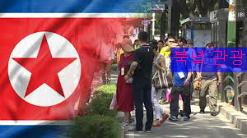

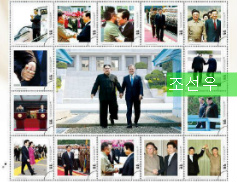
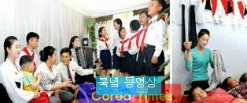

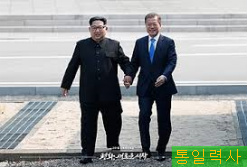







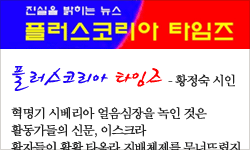


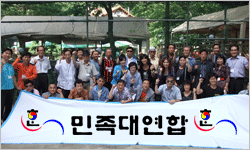







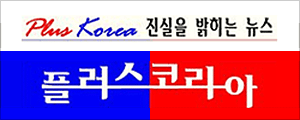



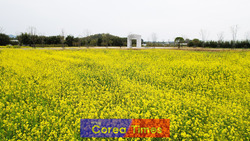



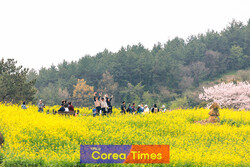


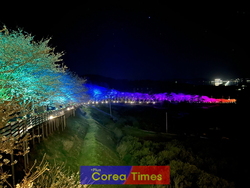
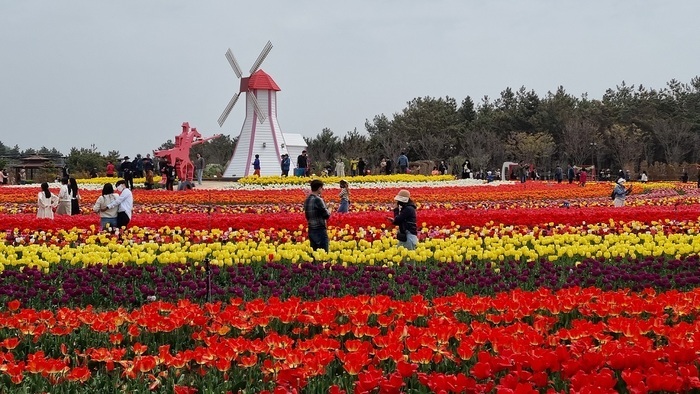



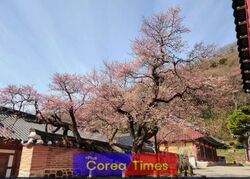

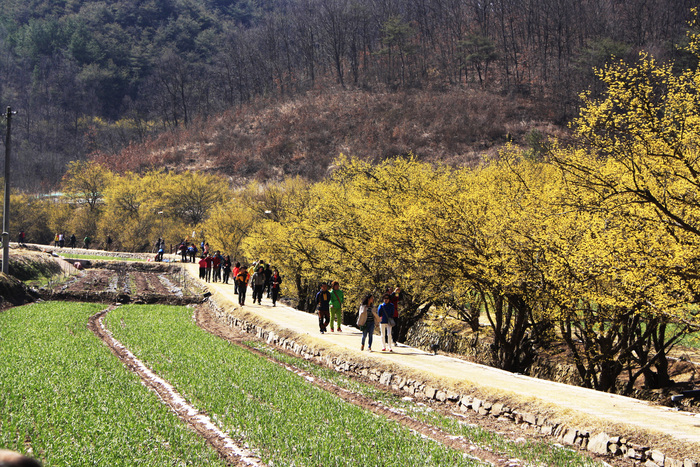
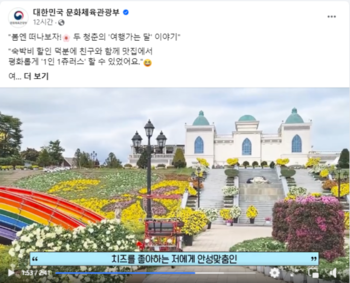

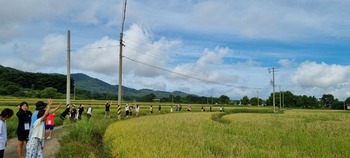
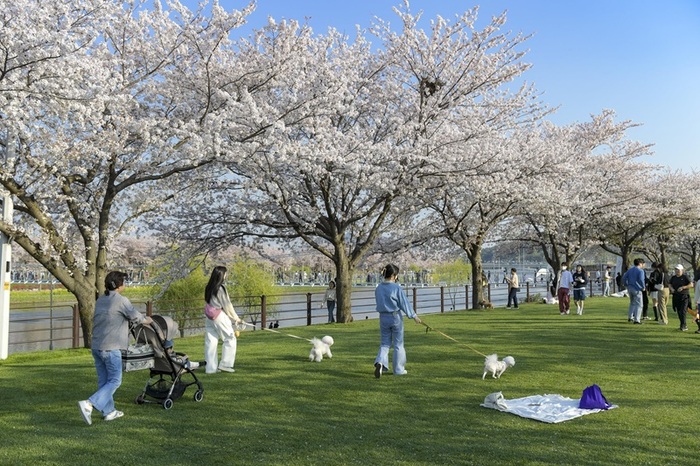
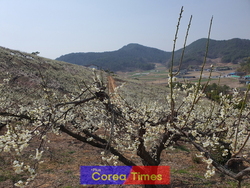
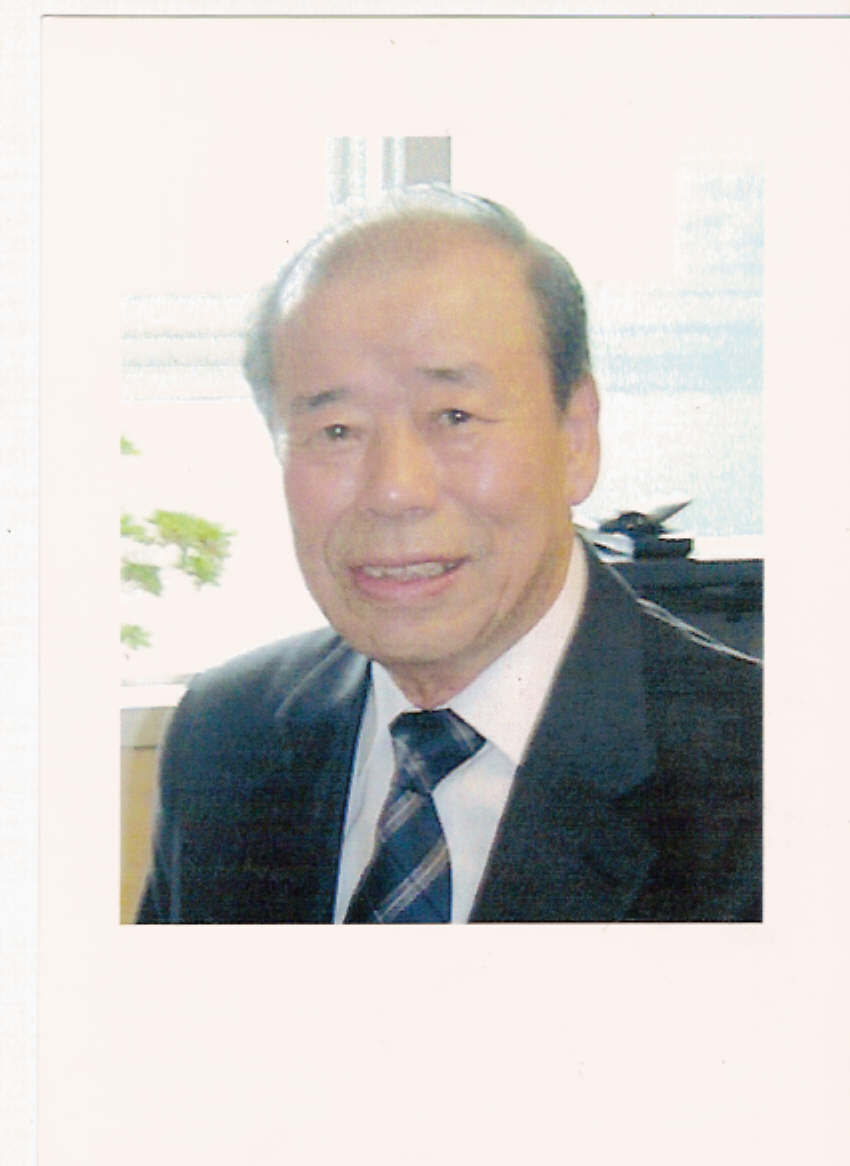
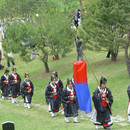


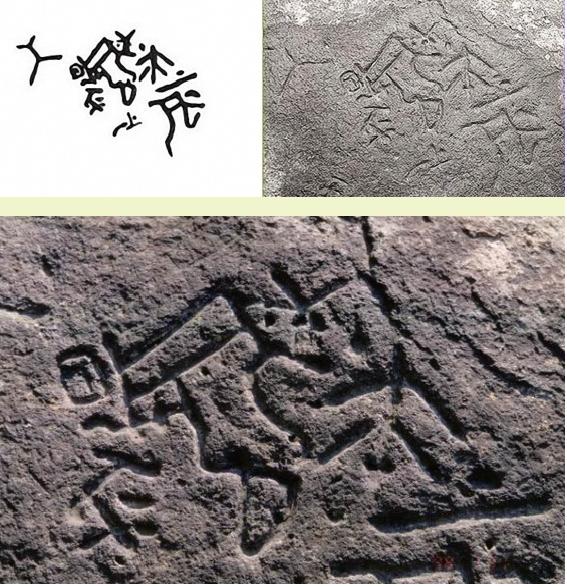
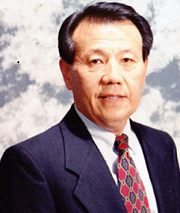

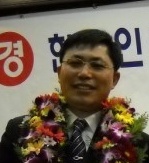
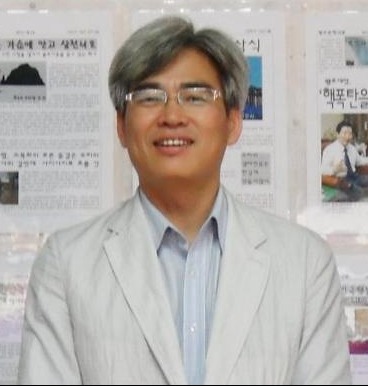
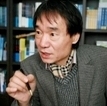
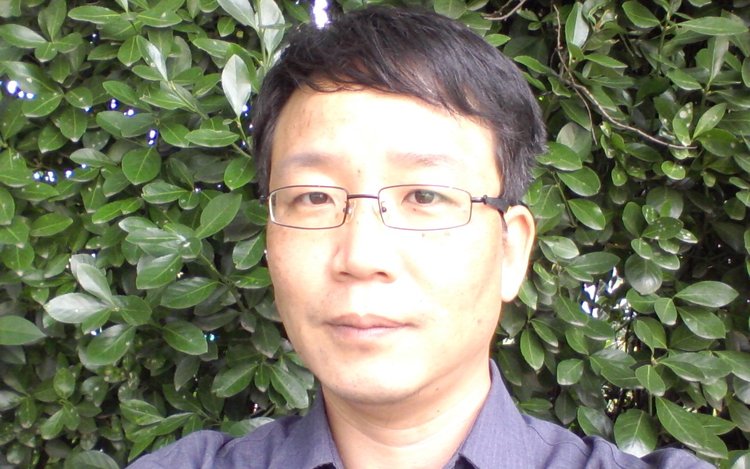
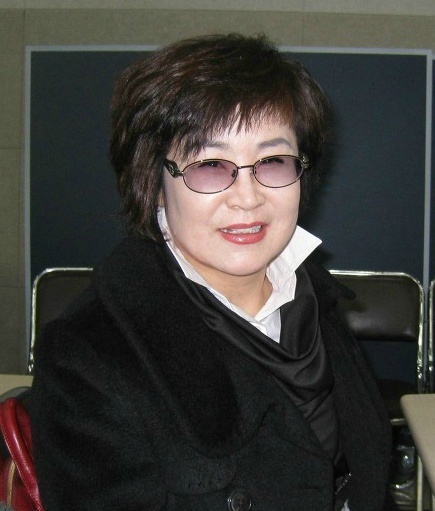

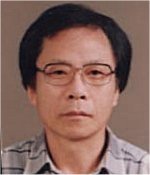
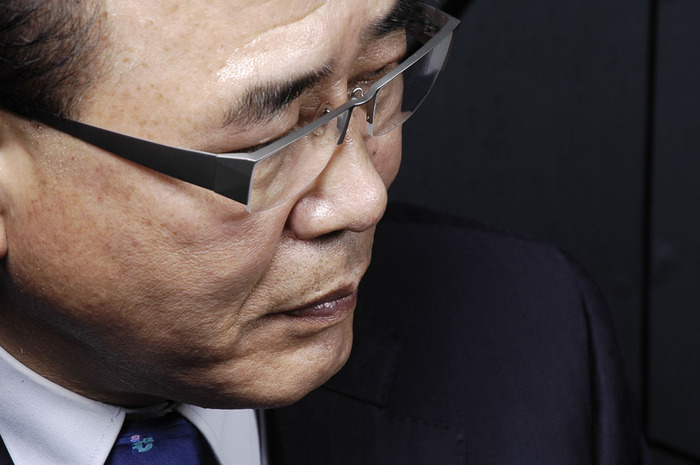
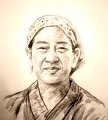

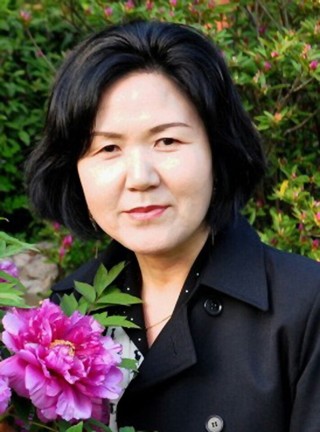
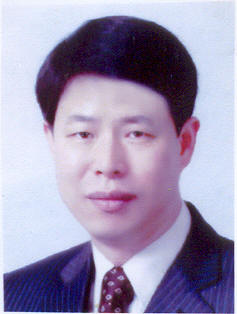

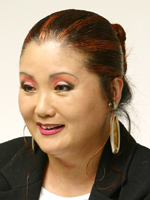
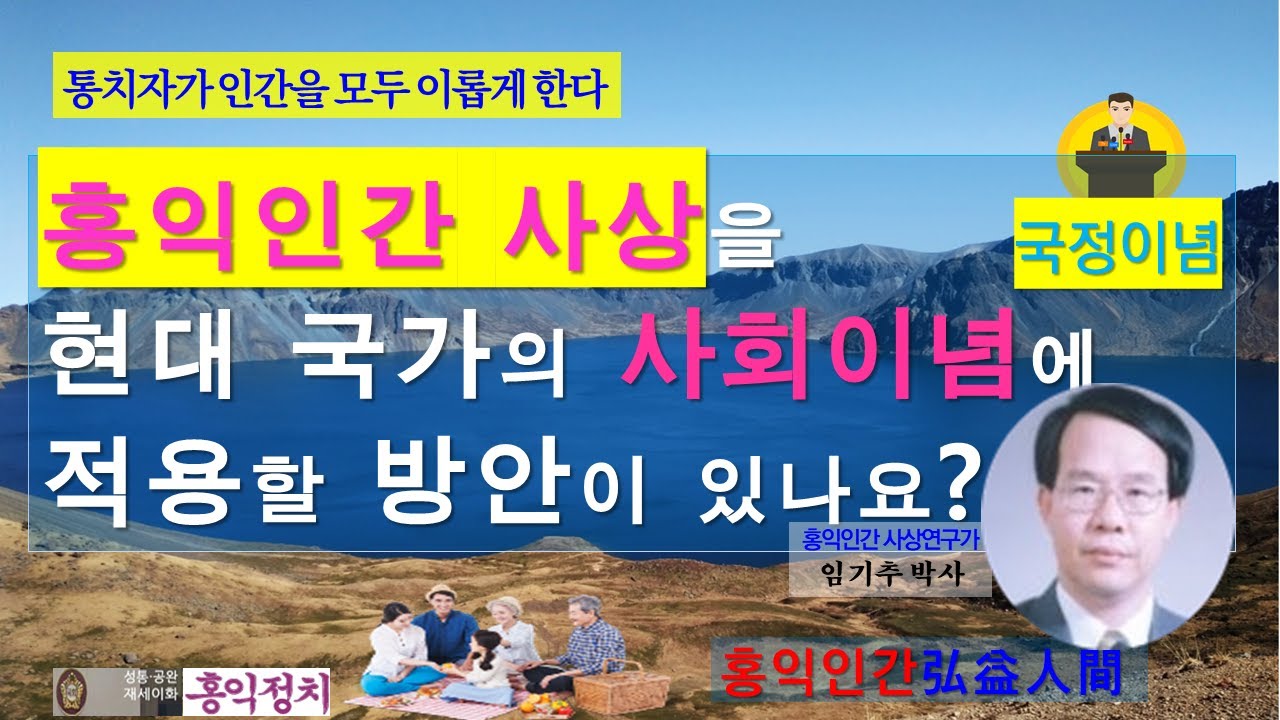

 '잊혀진 계절'누굴위해 존재하는가
'잊혀진 계절'누굴위해 존재하는가
